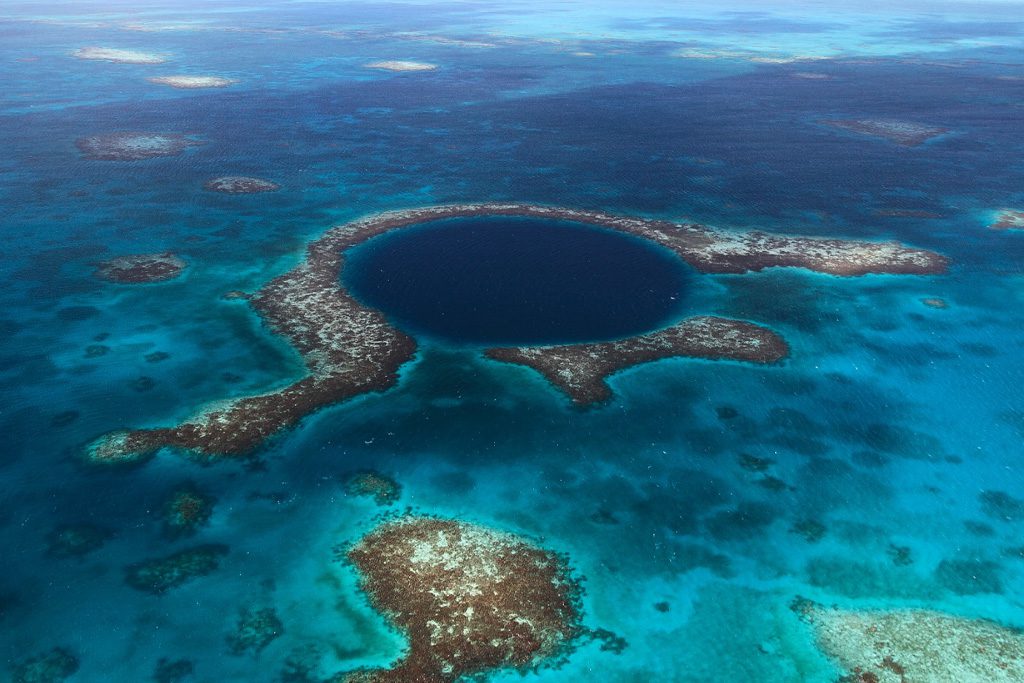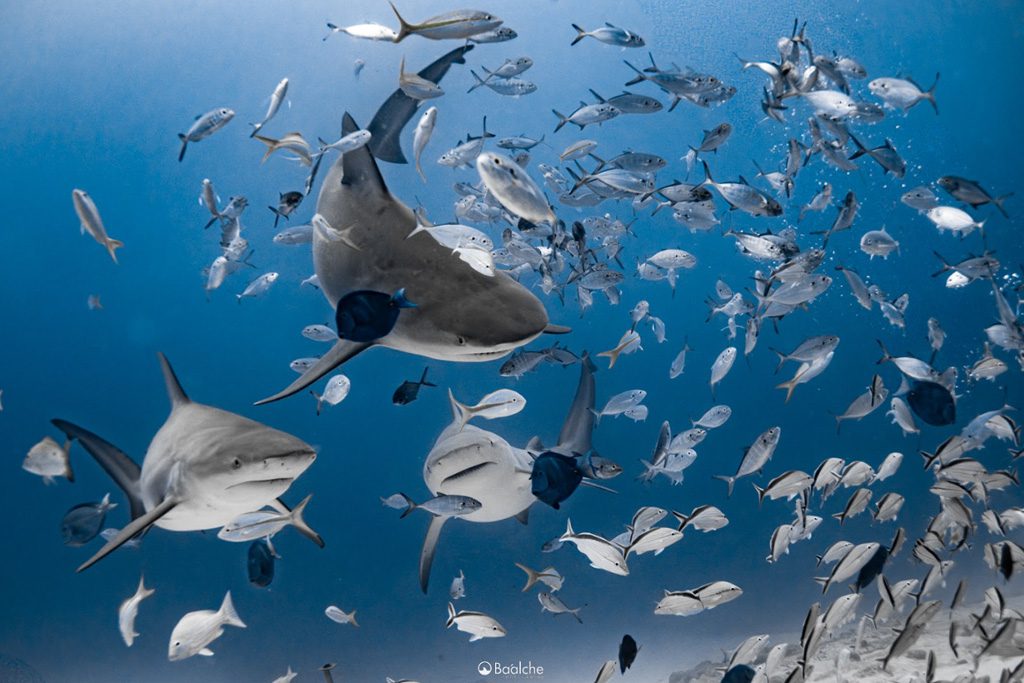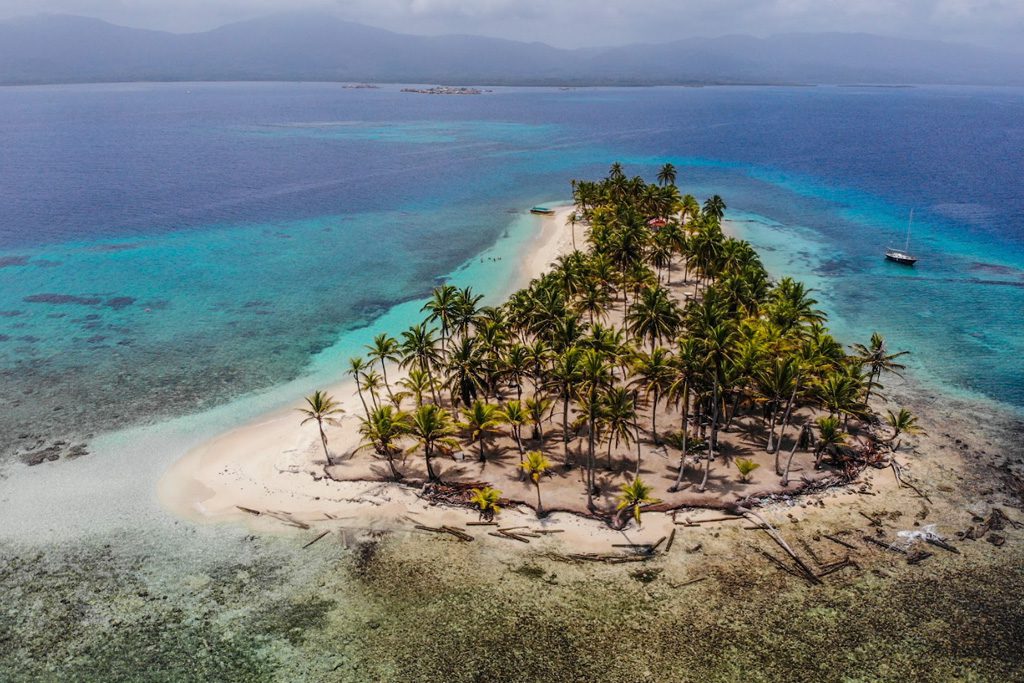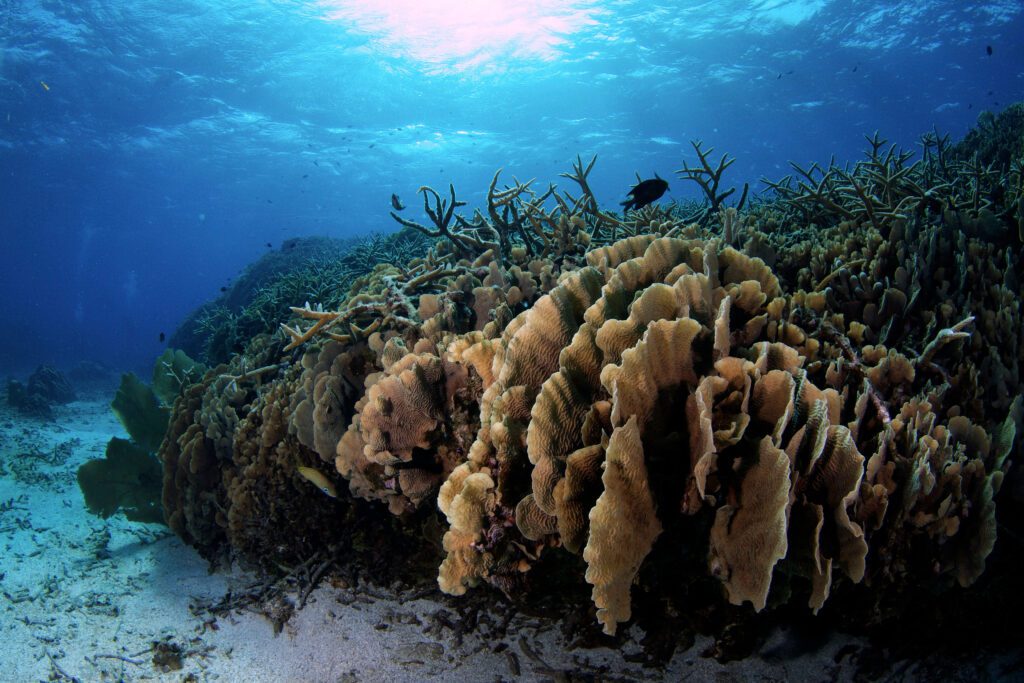A Day in the Field
with MarAlliance
Experience Marine Conservation in Action
Almost everyone, at some point as a kid, dreamed of being a marine biologist — exploring coral reefs, studying sea turtles, or swimming alongside sharks and rays — but few imagine what that work truly involves. Have you ever wondered what a day in the field is really like for the people dedicated to protecting some of the ocean’s most threatened species?
Meet Jerel, Daneira, Sobeida, and Ceci – four of our local team members that will be guiding you through our work across their regions. Each brings deep expertise, dedication, and insight to show what marine conservation looks like in practice in the field, where science meets the sea.
At MarAlliance, our teams of scientists, fishers, students, educators, and community members work together to safeguard marine wildlife, ecosystems, and the coastal communities that rely on the sea. Whether in remote villages, out on the water, deep beneath the surface, in a data lab, or contributing to policy discussions, every action moves us closer to one shared goal: a thriving ocean for generations to come.
Now is your time to join us! Your donation keeps our teams in the field, our data flowing, and our impact growing.
Your MarAlliance Ocean Heroes
Jerel
Jerel
Belize’s coral reef is more than beautiful — it sustains our country. It provides food for families, supports tourism and recreation, and keeps our coastal communities thriving. Protecting it isn’t just about conserving nature; it’s about securing our future.
For more than 20 years, we’ve been conducting long-term marine research in Belize. The national gillnet ban stands as an example of how MarAlliance’s studies on shark and ray populations provided evidence to guide policy and strengthen protection for the Belize Barrier Reef ecosystem.
Join me in protecting Belize’s reef — your support keeps this vital marine conservation work going.
Daneira
Daneira
In Panama, MarAlliance works with Indigenous and local Comarca to monitor marine wildlife and promote sustainable fishing practices. By combining scientific research with traditional knowledge, we’re protecting marine biodiversity and strengthening conservation across the country.
In Guna culture, the ocean is part of who we are, and I want future generations to experience it as I have. Your support keeps our vital work going!
Ceci
Ceci
Our work in Mexico is built on partnerships with traditional fishers and coastal communities - equipping them with monitoring skills and creating the evidence needed to support protected areas such the Mexican Caribbean Biosphere Reserve and the Banco Chinchorro Biosphere Reserve, two critical areas for the conservation of sharks, rays, and other marine megafauna.
Join us in protecting marine megafauna and supporting the coastal communities that depend on healthy ocean ecosystems!
Sobeida
Sobeida
Our deep-sea research in Honduras uses scientific longline, satellite tags, and baited remote underwater video systems (BRUVs) to document rarely seen but highly threatened species. By gathering this data, we're expanding scientific understanding of largely unknown ecosystems and generating evidence that supports sustainable fishing practices and national marine protection policies.
Join me in advancing deep-sea research and conservation in Honduras — your support helps protect species and habitats we're only beginning to understand.
Where We Work
From monitoring marine megafauna along the Belize Barrier Reef – the world’s second-largest reef system – to working with the Guna Yala Comarca in Panama to protect nesting sea turtles, exploring the deep waters off Honduras, and surveying marine life in Mexico’s Caribbean, our field days are filled with both discovery and challenge.

The Change We’re Creating
Thanks to your support, we’ve achieved remarkable results such as:

- Tagged and monitored thousands of sharks, including great hammerheads and lemon sharks, revealing critical migration patterns.
- Advocated for meaningful protection for sharks and contributed to the creation and expansion of Marine Protected Areas (MPAs).
- Conducted groundbreaking studies on male sea turtle movements, reshaping cross-border conservation strategies.
- Safeguarded sea turtle nesting beaches and feeding grounds in partnership with local communities, reducing poaching and habitat loss.
- Trained over 200 fishers to monitor megafauna populations, advancing conservation science in the Mesoamerican Reef and beyond.
- Established long-term monitoring programs for sharks, rays, and sea turtles across key regions, building vital marine datasets.


- Empowered hundreds of Community Science Investigators (CSI) to protect marine resources through data collection and conservation.
- Educated thousands of students about marine conservation, inspiring grassroots stewardship.
By working with local communities, fishermen, scientists, and policymakers, we’re safeguarding marine wildlife and the communities that depend on them.



Turning Your Generosity into Action
A breakdown of what donations achieve:

$25
Could cover the cost of 5 conventional tags to study the movement and growth of sharks and rays.

$150
Could cover a day of training for a local fisher (or student) in sea turtle monitoring and conservation.

$275
Could cover the cost of a full CSI (Collaborating Shark Investigator) kit to engage fishers and stakeholders in shark monitoring.
Support Our Work!

Your donation is tax-deductible in the United States.
Thank you for being part of our global community dedicated to protecting marine life. Every donation we receive will be wisely invested to help us protect and research threatened marine wildlife, their critical habitats, and dependent human communities.
